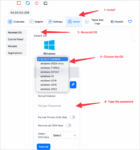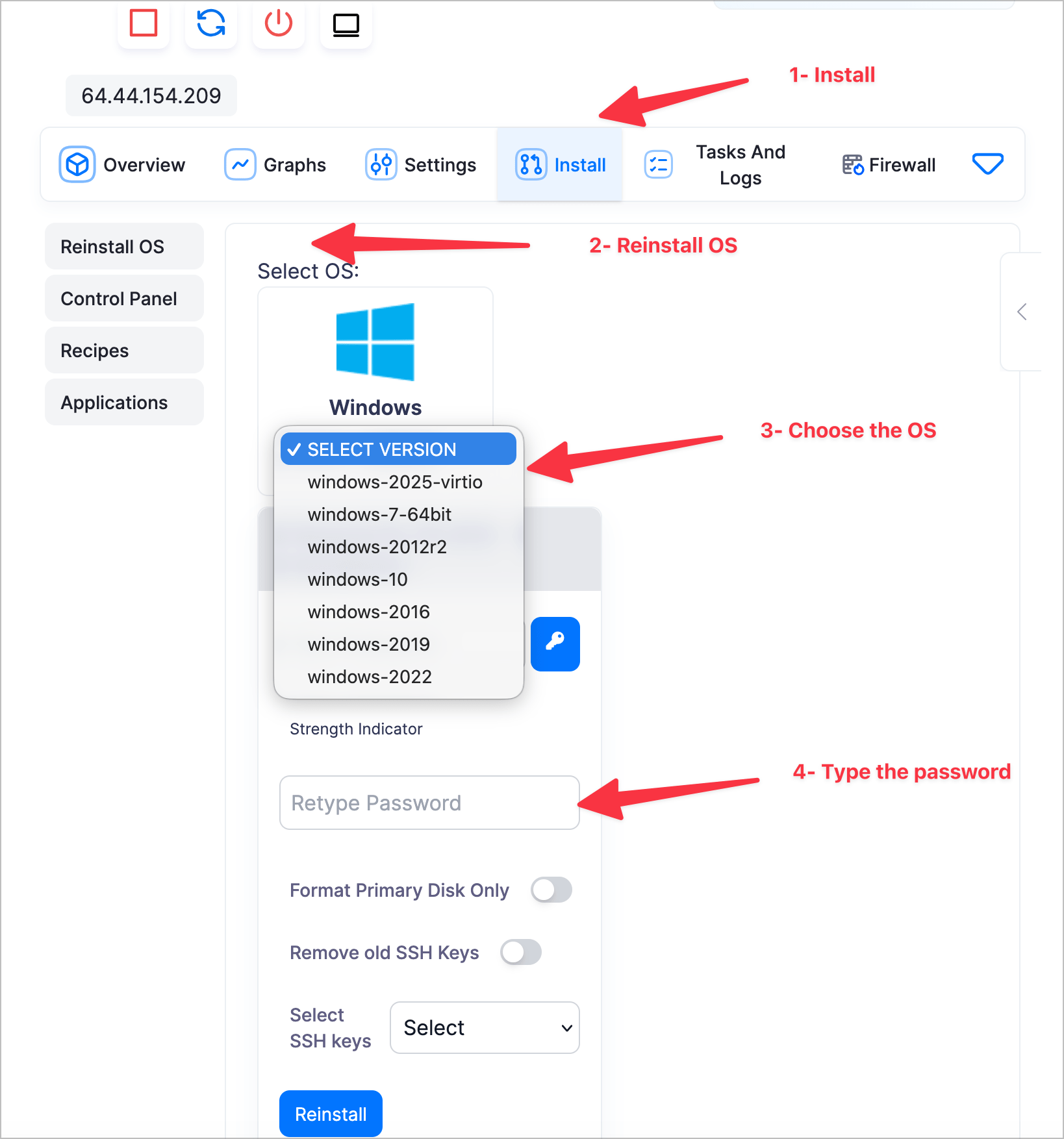Remote desktop allows accessing a computer remotely over the internet. However, performance issues like lag can negatively impact user experience. Optimizing speed is crucial for remote workers. This guide covers improving remote desktop performances.
What is Remote Desktop?
Remote desktop software enables remotely connecting to a host computer. It provides the interface for the remote user, transmitting input to the host and sending the screen back. Popular solutions include Microsoft Remote Desktop, VNC, and Citrix.
Why Performance Matters
Sluggish remote performance is frustrating and reduces productivity. Fast performance provides a smoother experience, making remote access feel snappy without lag. Optimizing speed should be an IT priority for remote workforces.
Network Connection
The network between client and host significantly impacts performance. A fast, stable connection enables responsive remote sessions.
Wired vs Wireless
Wired ethernet offers the fastest, most consistent connectivity. Wireless is impacted by interference and bandwidth sharing, causing higher latency. Use wired where possible or optimize the wireless setup.
Bandwidth
Higher bandwidth transfers more data simultaneously. Insufficient bandwidth bottlenecks performance as more data is requested than delivered. Aim for at least 10 Mbps, adjusting quality settings as needed.
Latency and Jitter
Latency is network transit time, jitter is variations in latency. High latency and jitter lead to lag as screen updates are delayed. Pick infrastructure and an ISP focused on low latency.
Remote Desktop Protocol Settings
Adjust how the protocol encodes and transmits data to balance responsiveness and quality.
Supported Protocols
Newer protocols like RDP 8.1 are more efficient than older versions. Enable the highest supported protocol on both sides. Fall back if issues occur.
Resolution and Color Depth
Higher resolutions and color depth improve image quality but raise bandwidth needs. Reduce these settings until a compromise between quality and speed is reached.
Client-Side Optimizations
Making adjustments on the client system can help overcome bandwidth limitations.
Hardware Acceleration
Offloading rendering to the GPU via hardware acceleration reduces client CPU usage for better framerates and video playback.
Caching Bitmaps
Caching commonly accessed screen elements improves performance by reducing duplicate data transfers. Adjust cache size appropriately as it increases memory usage.
Server-Side Optimizations
Improving server capabilities and management enhances the experience across clients.
Hardware Considerations
Choose hardware with sufficient capacity to handle concurrent remote sessions without bottlenecking performance.
Session Limits
Enforce limits on maximum sessions based on measured capabilities to ensure each session has adequate resources. Limit logins when nearing capacity.
Testing and Monitoring
Proactively measure remote performance using built-in and third-party tools. Monitor over time to identify issues before impacting users.
Built-in Tools
Use ping, traceroute, Remote Desktop Connection metering, and other utilities to measure latency, bandwidth, and metrics.
Third-Party Software
Tools like ControlUp Monitor, Lakeside SysTrack, and Liquidware Stratusphere provide enhanced monitoring, analytics, and troubleshooting.
Conclusion
The key to fast remote desktop performance includes:
- Low-latency wired networks with sufficient bandwidth
- Balancing protocol quality and speed
- Client-side optimizations to improve efficiency
- Properly sizing and managing server capacity
- Proactive performance monitoring to identify issues early
With the right optimizations, remote desktop can feel responsive, delivering a user experience comparable to local access. Continually measuring, testing and improving is crucial as needs change. The effort provides big dividends for seamless remote work at scale.
For Windows 10 and 11 users struggling with built-in RDP performance, the Microsoft Store Remote Desktop app is worth testing as an alternative client. The link is:









